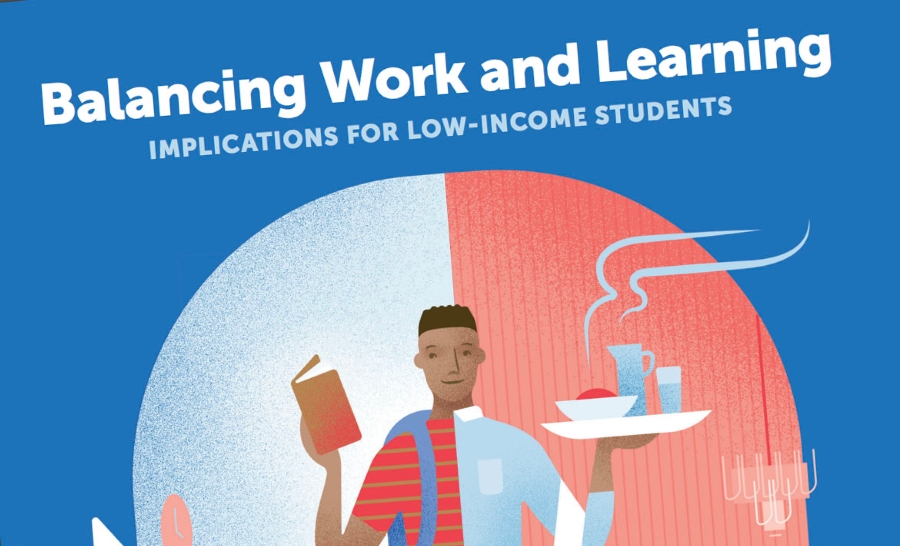Balancing Work and Learning: IMPLICATIONS FOR LOW-INCOME STUDENTS
Balancing Work and Learning: Implications for Low-Income Students finds that while working and studying generally helps students from higher-income families, low-income students face steeper challenges when combining work and college.





